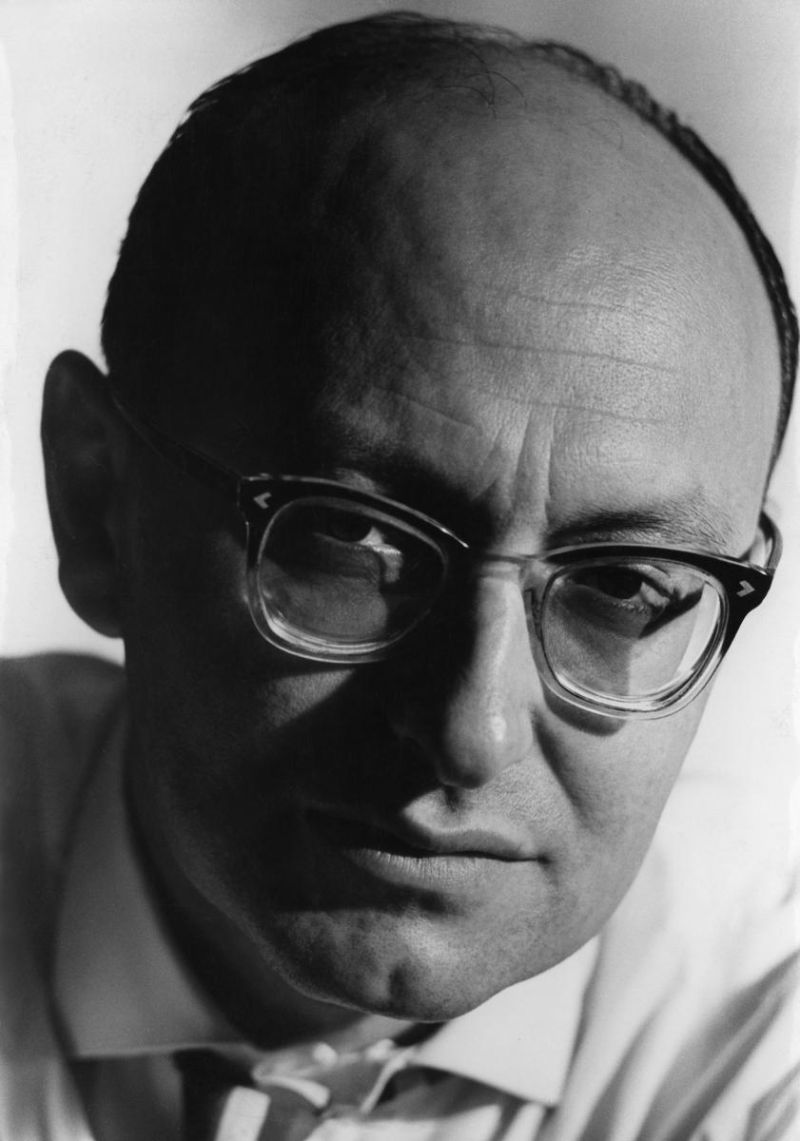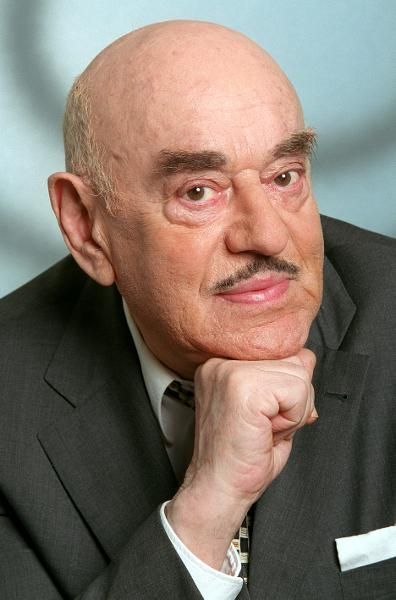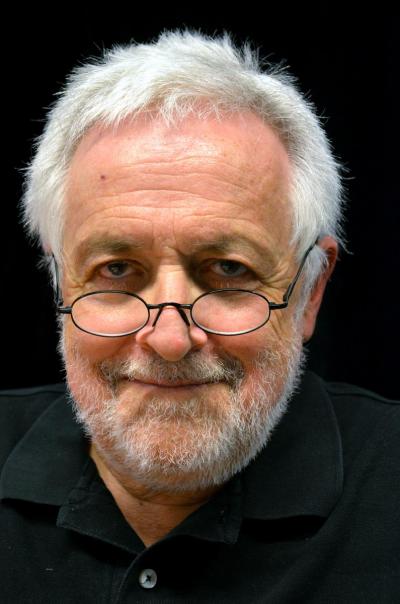“MRR”: His Life
Mediathek Sorted




Interview with Gerhard Gnauck on SWR (German)

Interview with Gerhard Gnauck in memory of Marcel Reich-Ranicki (German)
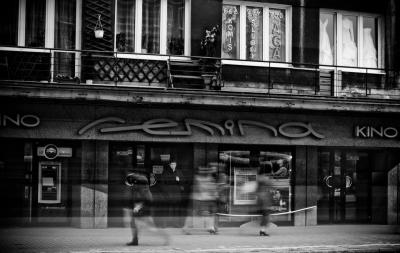







In memory of Marcel Reich-Ranicki on Radio ‘Trójka’ (Polish)

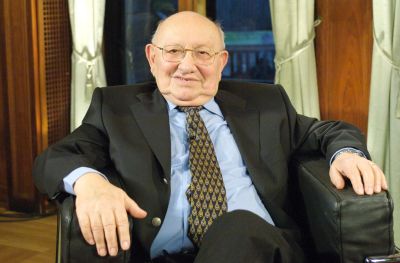


Marcel Reich-Ranicki - Radio play by "COSMO Radio po polsku" in English

Marcel Reich-Ranicki in an interview with Joanna Skibińska

Marcel Reich-Ranicki auf Polnisch! Interview mit Joanna Skibińska 2000







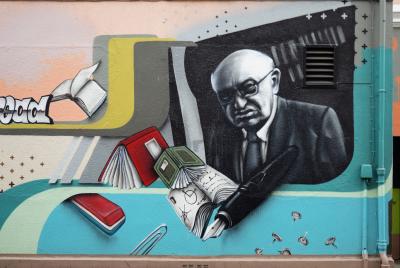




























In 1929, plagued by business failures, the family moved to live with relations in Berlin. Here Marceli attended the Fichte grammar school, after which he began a professional training. (Because of his Jewish origins he was banned from studying in a university). In the mid-30s his parents and brother moved back to Warsaw, where Herbert Aleksander opened a dental practice. Gerda succeeded in emigrating to England with her husband. Marceli remained in Berlin – and at the end of October 1938, following the so-called “Polish action”, the German authorities expelled him to Poland against his will, along with around 17,000 other Polish Jews.
The 18-year-old Marceli Reich made his way to Warsaw and from then on he lived with his parents. He later described this period in his life as being not very happy. But scarcely anyone imagined what might follow. One year later German troops occupied Poland. The young, unemployed Reich witnessed the air raids and the brutal treatment of the civilian population, especially the Jews. The family remained in Warsaw. When the ghetto was erected, Złota street, where they lived was the first street outside the ghetto wall. (The apartment in house number 43 was situated between today’s Palace of Culture and the central station; the row of houses no longer exists). Hence the family were forced to live in the ghetto.
Marceli’s first contact with the “Jewish Council” (the administrative body of the ghetto, which was of course in the hands of the German occupying authorities) was when he worked as a translator on the census of the Jews in the city. At the end of the census he was even the head of the “translation and correspondence office”. At the same time he wrote the first reviews in his life – as a music critic for concerts. He wrote under the pseudonym “Wiktor Hart” for the Gazeta Żydowska (Jewish Newspaper), that was published in the ghetto. He was both a witness and a translator when the SS boss in the Jewish Council announced the order to liquidate the ghetto.
The poet, Antoni Marianowicz, who was also an inhabitant in the ghetto, later wrote that at the time he had seen Reich walking around in a cap belonging to the (Jewish) ghetto police. But we only know for sure that he worked in the Jewish Council. During the later Communist regime in Poland Reich was considered a collaborator, something which he was continually forced to justify. It is clear that, given the tragic fate of the Jews in occupied Poland, such accusations were unjust.
At the start of 1943, when many people, including Reich’s parents, were transported to an unknown destination (the extermination camp in Treblinka), Marceli decided to flee. He married Teofila (“Tosia”) Langnas, whom he had got to know in the ghetto in 1940, and both fled to the “Aryan side” of the wall, as it was known. This was the start of an odyssey from hiding place to hiding place. Their situation improved when Marceli – and sometime later also Tosia – found a hideout with the family of a typesetter by the name of Bolek Gawin in a tiny two room house in Osada Ojców Street on the edge of the city. Reich later wrote that he entertained his “landlords” by recounting stories from novels. Barbara Rochowska, the family daughter, still has vivid memories of the Reichs. In 2006 Bolek and Eugenia Gawin were posthumously honoured and decorated as “Righteous among the Nations” by the Yad Vashem memorial centre.





















































































